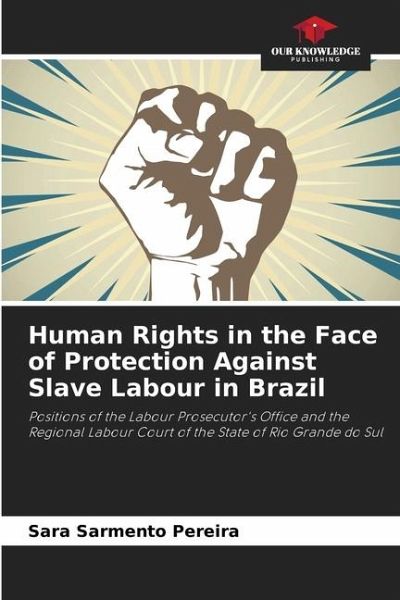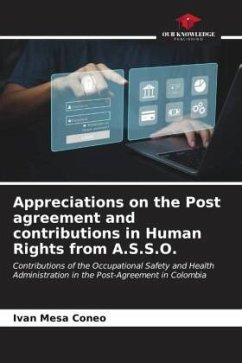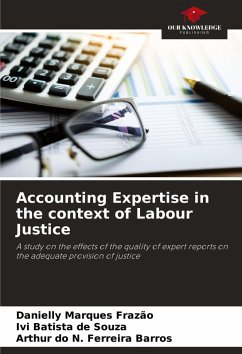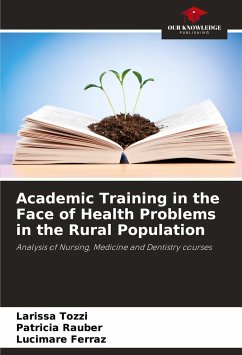
Human Rights in the Face of Protection Against Slave Labour in Brazil
Positions of the Labour Prosecutor's Office and the Regional Labour Court of the State of Rio Grande do Sul
Versandkostenfrei!
Versandfertig in 6-10 Tagen
27,99 €
inkl. MwSt.

PAYBACK Punkte
14 °P sammeln!
This work focuses on analysing the legal observance of human rights in the protection and eradication of slave labour in Brazil, within the scope of the Regional Labour Court of the 4th Region in the state of Rio Grande do Sul, as well as the work of the Labour Prosecutor's Office. The studies show that contemporary slavery is still present in both urban and rural workplaces, involving criminal, civil and labour claims in search of dignity. However, there is still a scenario of impunity in Brazil, which directly affects the effectiveness of human rights, even though the country has punitive le...
This work focuses on analysing the legal observance of human rights in the protection and eradication of slave labour in Brazil, within the scope of the Regional Labour Court of the 4th Region in the state of Rio Grande do Sul, as well as the work of the Labour Prosecutor's Office. The studies show that contemporary slavery is still present in both urban and rural workplaces, involving criminal, civil and labour claims in search of dignity. However, there is still a scenario of impunity in Brazil, which directly affects the effectiveness of human rights, even though the country has punitive legislation for cases of slave labour. Although the Regional Labour Court of the 4th Region and the Public Prosecutor's Office adopt the principle of human dignity and the principle of the primacy of reality in the face of difficulties in classifying the crime of labour analogous to slavery, the situation is complex to resolve, especially given the poor distribution of income that leads many individuals to submit to slave or analogous labour.














